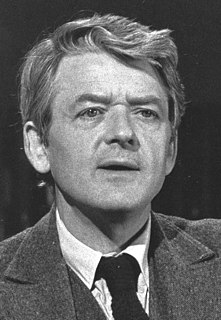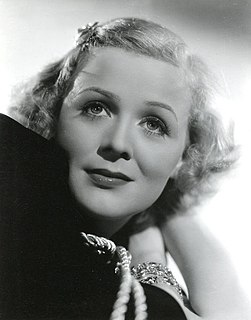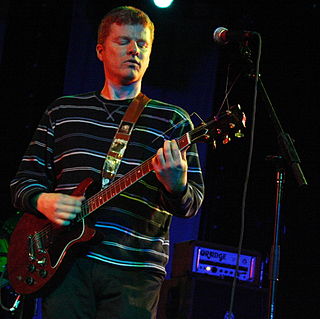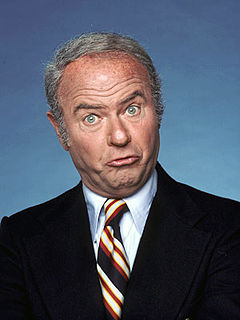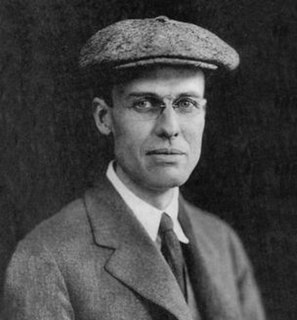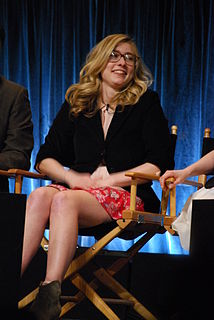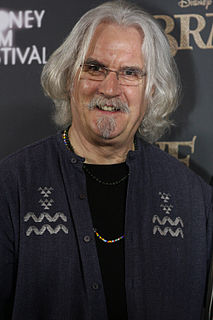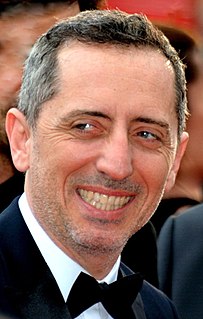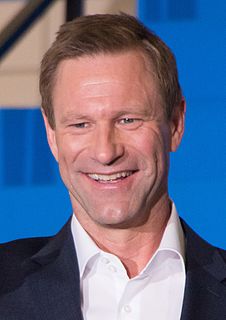A Quote by Hal Holbrook
I walked the streets of New York for two years begging for a job, and I couldn't get one.
Related Quotes
I took over a city that had two riots in four years and I had none. And they knew they couldn't riot on me. And when I saw the people on the street in New York City, I said to myself, you're breaking Giuliani's rules. You don't take my streets. You can have my sidewalks, but you don't take my streets, because ambulances have to get through there, fire trucks have to get through there.
I would stay two years in San Francisco, then move to New York in the summer of 1991, for the love of a man who lived there. When I arrived in New York, I had a job waiting for me, courtesy of a bookstore I'd worked at in San Francisco, A Different Light. They had a New York store as well, and arranged an employee transfer.
The idea (for the painting 'Room in New York', 1932, ed.) had been in my mind a long time before I painted it. It was suggested by glimpses of lighted interiors seen as I walked along city streets at night, probably near the district where I live (Washington Square, New York, fh) although it's no particular street or house, but is really a synthesis of many impressions.
I’ve come in and out of America for… well, I’ve lived here for 15 years. And I’ve played here for nearly 30 years. On and off. But I’ve always played to my fan base. And I can come and do two or three nights in New York or two or three nights in L.A., and all that. But when I go away, nobody knows I’ve been gone. You know, I don’t get reviewed or anything like that. So that’s why I’ve come back and done a longer time in a smaller place, in New York. It’s always the people who live here that get a chance to know me.
When I was mayor of New York, my views changed. I began as mayor of New York City thinking that I could reform the New York City school system. After two or three years, four years, I became an advocate of choice, of scholarships, and vouchers, and parental choice, because I thought that was the only way to really change the school system.
